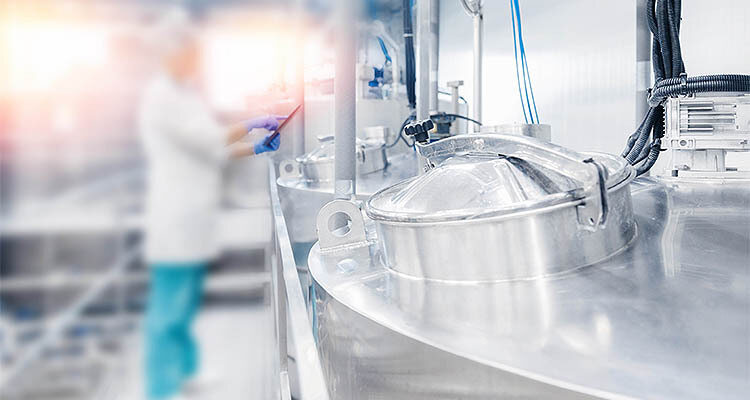
Revolutionizing wellness with fortification technology
For many, the pandemic was a catalyst for lifestyle changes. Through months of lockdown, familiar resolutions became commonplace: exercise more, cook from scratch and eat a healthier diet.
A new wellbeing focused consumer emerged, seeking food and beverage products that could provide additional health benefits with claims of improving energy, immunity or sleep.
As a result, the functional beverage market is now expected to reach $58.3 billion by 2026, growing at a CAGR of 7.8 percent. This rapidly growing market is an important driver for innovation on supermarket shelves and has seen the rise of products such as CBD and adaptogenic beverages and energy drinks.
Credible solution
Consumer research by Xampla found that 49 percent of consumers believe vitamins are more effective when obtained from food and drink than from supplements. Meanwhile, over half of consumers want to get more vitamins and minerals in their diet ahead of winter to boost their immune system.

For brands, however, creating products that live up to the health claims on the pack is a significant challenge to overcome. Vitamins, such as vitamin D, are highly sensitive to degradation by heat shock, UV light and pH imbalance and often break down by the time they reach the supermarket shelf and consumers’ cupboards.
This forces brands to rely on costly overage – adding extra vitamins to products knowing they will degrade – to meet the claims made on the pack. Some, however, do not add vitamins or nutrients at all, missing out on a significant consumer market.
Alternatively, brands must use specific packaging to protect sensitive vitamins, from UV rays penetrating the product. However, this prevents brands from using clear bottles, which are more widely recycled.
Another challenge is the bitter taste of botanical ingredients and nutrients, which may provide health benefits but can significantly affect the flavor profile of food and beverages consumers already know and trust.
Ultimately not all fortification is equal, and the bioavailability of added nutrients may vary. Morro Nutri microencapsulation is an effective solution to these problems. The plant protein microcapsules are enterically released, ensuring that the nutrients reach the site of absorption in the small intestine – offering credible and superior health benefits for consumers.
Edible efficiency
Xampla’s plant-based technology works by encapsulating a microscopic droplet of vitamin or nutrient oil in a natural and edible material. This protects ingredients from degradation within products, so that it can reach consumers at its maximum efficiency without affecting the taste.
This innovative technology opens up a range of opportunities for brands to differentiate food and drink products on supermarket shelves as well as for other industries such as cosmetics.
The microcapsules can also be deployed for other oil-based flavourings and nutrients, such as omega 3, fat soluble vitamins and other botanicals.
The potential for this technology in a growing wellbeing focused market is significant and may soon bring in an age of never-before-seen products – from innovative fortified beverages to plant-based meats that can match or even surpass the micronutrient content of animal products. Watch this space!
For a list of the sources used in this article, please contact the editor.
Hannah Pearse is Nutrition Manager of Cambridge-based Xampla, experts of drop-in high-performance natural materials that replace the most polluting plastics.